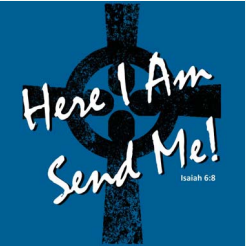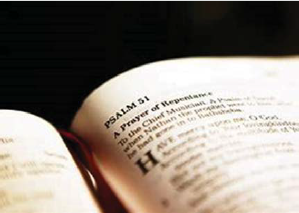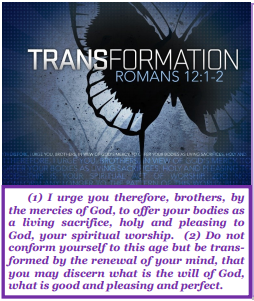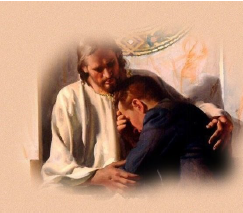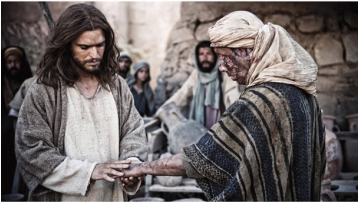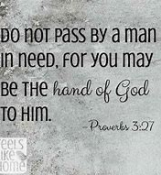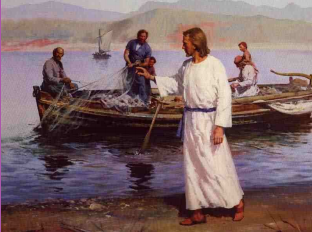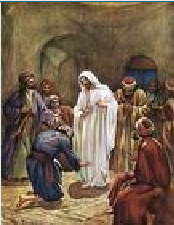The Attraction of Angels
https://stmarystcatherine.org/wp-content/themes/osmosis/images/empty/thumbnail.jpg 150 150 Charlestown Catholic Collaborative Charlestown Catholic Collaborative https://stmarystcatherine.org/wp-content/themes/osmosis/images/empty/thumbnail.jpgIt seems wrong to think about death in the springtime. Yet in this COVID era, we all know death is ever-present and never discriminates about whom, when or where. Death scares us. In fact, death is the ultimate of all fears. All others are minor expressions of death.
Almost always, death means pain, suffering and grief, especially when death is sudden and arrives for the young and beloved. In fact, the proportion of suffering seems in direct relationship to those two realities. There is no one who is exempt from the experience of death, although some of us have more experience with death than others.
Death impels us to look and think outside of ourselves and, for many, this means to seek understanding and answers, consolation and comfort in our God. Our tradition has taught us from the earliest of times that God’s plan is that every person has a destiny in eternity, a place beyond this life that never ends. In the English language, we call that place Heaven.
In 2010 Todd Burpo published a small book called: Heaven is for Real: a Little Boy’s Astounding Story of His Trip to Heaven and Back. The book describing the near death experience of three year old Colton was on The New York Times bestseller list for more than 60 months. I read the book a few years ago and there is good reason it continues to be a very popular read across America. The story contains details that all of us long to know and stretch to imagine. The innocence and beauty of the child’s descriptions of angels and music, knowledge of a range of issues beyond a child’s ability to have known, and his encounter with Jesus, challenge our beliefs. Yet we all want to know more, and many of us are so deeply attracted to angels!
I believe our Creator God has “wired” us for Heaven. The restlessness of the human heart that lures all of us into searching for satisfaction and completion is never at peace until it rests in authentic love. And Love is God. Our destiny is not in this life, rather beyond it and yet the entrance to our destiny is our death. Wow! What a peculiar set of circumstances each of us has to find a way to accept and live into. Often the elderly have taught me to clear away all the stuff that might have been important, and long for what really matters. Over and again I have heard, “I am ready – I want to go home,” from folks who have lived through illness and aging.
The Gospel for this fifth Sunday of Lent finds Jesus anticipating His own death while at the same time teaching us how to live and how to die. Jesus uses the simple example of a seed that needs to die in order to be fruitful – what a paradox. In fact, He is speaking about all of us and the necessity of dying to our selfishness in order to be fully alive, which is to say, in order to love and to be loved.
This story gives a glimpse of what God wants for every one of us: to move through our reality and suffering, to find a path in life of faith and love and, in this sweet experience of living, prepare to die so that we may live completely and always.
The upcoming celebration of Holy Week and Easter brings into the sharpest focus the relationship among living, suffering and dying with a future hope of resurrection. Jesus has shown the way, and at the very center of this way is Love. For it is in love that one dies to self and through love that one arrives at fullness of life now and in eternity.
Fr. Ronan
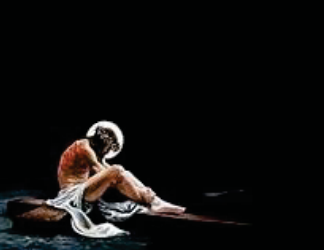
Fifth Sunday of Lent
March 20/21, 2021
Proclaimed this weekend is the Gospel story of Jesus inviting his
disciples into a great mystery with curious pronouncements:
Those who love their lives just as they are will lose them. If a grain of
wheat dies, it will bear much fruit…What does Jesus mean?
The climactic event of Jesus’ passion and death is drawing closer;
a time when the great confrontation between Jesus and the powers of darkness take place.
When Jesus is lifted up, he will draw all to himself.
The Christian steward knows life can’t be lived in complacency.
We are called to die to self, bear more fruit, be raised up with Jesus.
Jesus brings discomfort to those who are comfortable.
Jesus urges us to give witness in his name.
How will we respond?

